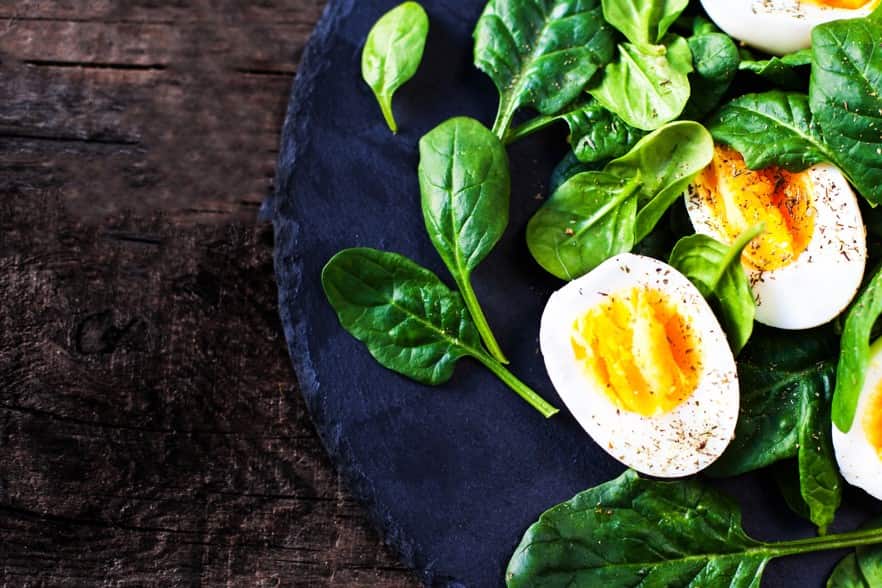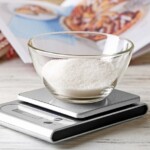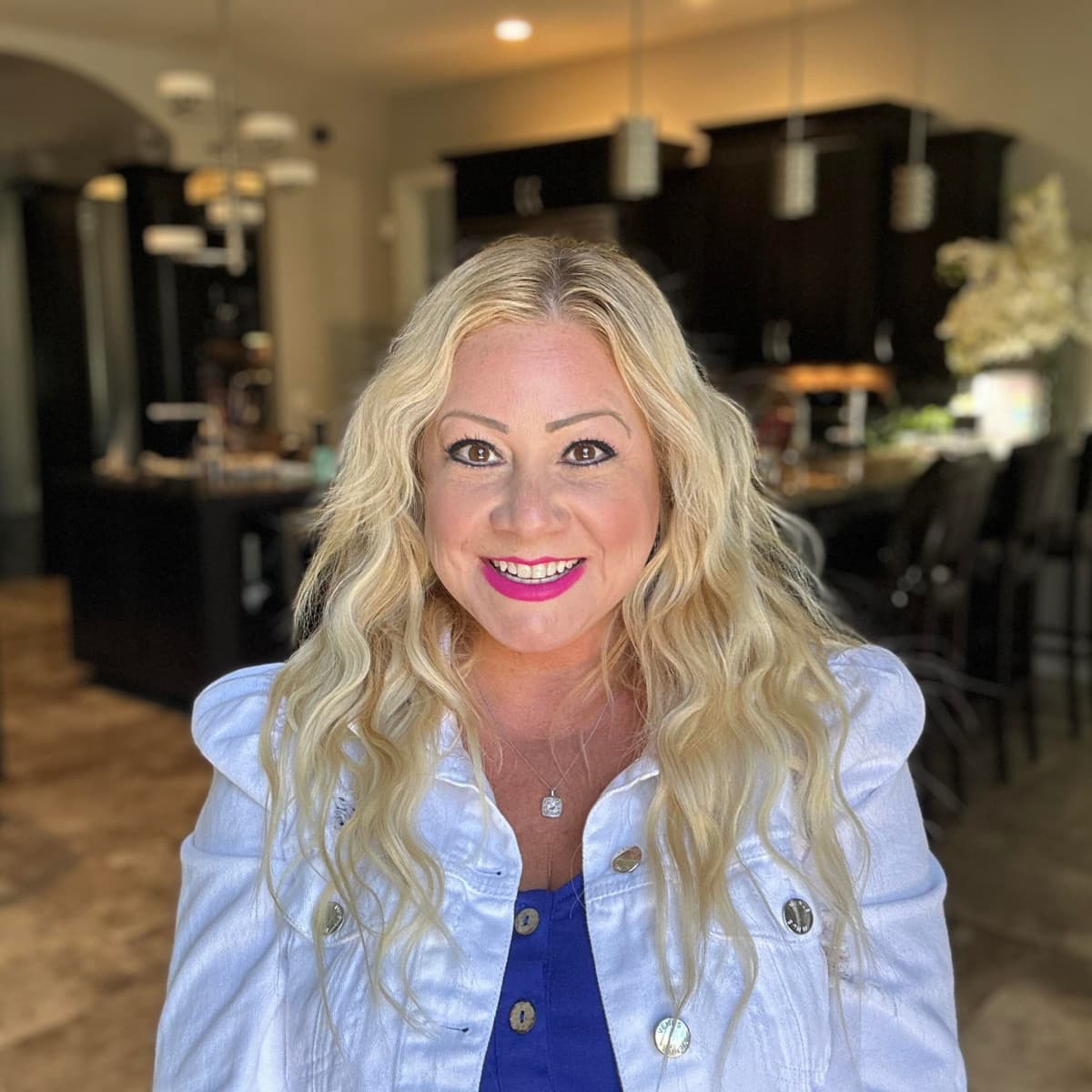This post may contain affiliate sales links. Please read my disclosure policy.

Boiling eggs may seem like a simple task, but achieving the perfect boiled egg can sometimes feel like an elusive goal. In this comprehensive guide, I will walk you through every step of the process, ensuring that you know exactly how to boil eggs to perfection every time. From selecting the right eggs to mastering the cooking process, I have you covered. So, let’s dive in and explore the secrets to perfect boiled eggs!
Select the Right Eggs
The first step to achieving perfect boiled eggs is selecting the right eggs. While very fresh eggs are great for frying or scrambling, older eggs are actually easier to peel. Your best bet for hard-boiled eggs that are easy to peel is to choose eggs you’ve had in the refrigerator for a week or two.
Size Matters
Eggs come in various sizes, and the size of the egg can affect the boiling time. Smaller eggs will require less time to boil, while extra-large or jumbo eggs will need more time. Keep this in mind when you’re figuring out how long to boil your eggs.
Check for Freshness
To ensure that you’re using the right eggs for boiling, you can conduct a simple freshness test. Fill a bowl with water and gently place the egg in the water. If the egg sinks to the bottom and lays flat on its side, it’s fresh. If the egg stands upright or floats, it’s older and more suitable for boiling.
Prepare the Eggs
Before you start boiling your eggs, it’s essential to prepare them properly. This involves gently washing the eggs to remove any dirt or debris and then carefully placing them in a saucepan or pot.
Arrange the Eggs
When placing the eggs in the pot, make sure to arrange them in a single layer. Overcrowding the pot can lead to uneven cooking and cracked shells. If you need to cook a large number of eggs, consider using multiple pots or cooking the eggs in batches.
Add Water
Once the eggs are in the pot, cover them with cold water. The water level should be about an inch above the eggs. Starting with cold water helps prevent overcooking and ensures that your eggs will have a creamy, well-cooked yolk without any greenish discoloration.
The Boiling Process
Now that your eggs are prepared and in the pot, it’s time to start the boiling process. Follow these three steps to achieve perfect hard-boiled or soft-boiled eggs:
1. Place the Pot Over High Heat
Put the pot with the eggs and cold water over high heat and bring the water to a rolling boil. It’s essential to keep an eye on the pot during this stage to prevent overcooking.
2. Remove the Pot from the Heat and Cover
Now, you probably want to know “How long do you boil eggs?” As soon as the water reaches a rolling boil, remove the pot from the heat and cover it with a lid. This is a crucial step in ensuring that your eggs don’t overcook and develop a greenish yolk.
3. Let the Eggs Sit in the Hot Water
Allow the eggs to sit in the hot water for the desired amount of time, depending on how well-cooked you want the yolks to be. Consult the following guidelines for large eggs:
- Soft, runny yolks and whites: 2-4 minutes
- Soft but set yolks and firm whites: 6-8 minutes
- Fully set yolks and whites: 10-15 minutes
Remember to adjust the cooking time accordingly for smaller or larger eggs.
Cool and Peel the Eggs
Once your eggs have reached the desired level of doneness, it’s important to cool them down and peel them properly.
To cool the eggs, drain them immediately and place them in a bowl filled with water and ice cubes. The ice water not only cools the eggs down but also prevents the green yolk issue. If you’re planning to peel the eggs, slightly crack their shells before putting them in the ice water and let them sit for an hour for maximum ease of peeling.
To peel the eggs, gently tap the egg on a countertop or the edge of a bowl to create small cracks in the shell. Then, starting at the larger end of the egg, carefully peel away the shell under running water or in a bowl of water to help remove any small shell fragments.
Alternative Cooking Methods
While the stovetop method is the most common way to boil eggs, there are alternative methods you can use to achieve perfectly cooked eggs, such as oven-baking and using a pressure cooker.
Oven-Baked “Hard-Boiled” Eggs
Oven-baking is an unorthodox method that requires no water, making it more of a hard-baking technique than boiling. This method is great when you need to cook a large number of eggs or if you have limited stovetop space. To oven-bake your eggs, place them in a muffin tin to prevent them from rolling around, and bake them in a preheated oven at 325°F (160°C) for 25-30 minutes.
Pressure Cooker Hard-Boiled Eggs
Using a pressure cooker, such as an Instant Pot, is an excellent way to cook fresh eggs. This method does not necessarily save time, but it makes fresh eggs easier to peel. To cook hard-boiled eggs in a pressure cooker, place a trivet or steamer basket in the cooker and add 1 cup of water. Arrange the eggs on the trivet or basket, seal the cooker, and cook on high pressure for 4-5 minutes. Once the cooking time is up, perform a quick release of pressure and immediately transfer the eggs to an ice water bath to cool.
How to Store Hard-Boiled Eggs
To store your hard-boiled eggs, place them in a covered container in the refrigerator. The lid will prevent any odors from spreading throughout the fridge. If the eggs are still in their shells, they can be stored for up to one week. If you’ve already peeled the eggs, store them in an airtight container with a damp paper towel and refresh the towel daily. Peeled hard-boiled eggs can also be stored for up to one week.
Best Ways to Use Boiled Eggs
Perfect-boiled eggs can be used in a variety of recipes and dishes. Here are some of my favorite recipes with boiled eggs you should try:
Struggling to Get Perfect Boiled Eggs? Here Are Some Tricks!
If you’re having trouble achieving perfectly cooked eggs, consider some of the following tips and tricks to address some of the common issues:
- If your eggs are cracking during cooking, try adding a splash of vinegar to the water. This can help to prevent cracking and make peeling easier.
- To prevent overcooking, make sure to remove the pot from the heat as soon as the water reaches a rolling boil and follow the appropriate cooling steps.
- If your yolks are still too runny or undercooked, try increasing the cooking time by a minute or two. Remember to adjust the time based on the size of your eggs.
The Bottom Line
Now that you know how to boil eggs, you’re well-equipped to achieve perfect boiled eggs every time. With the right preparation, cooking method, and attention to detail, you’ll be able to enjoy delicious, creamy, and perfectly cooked eggs in no time. So go ahead and put your newfound knowledge to the test, and enjoy the satisfaction of mastering the art of boiling eggs!




